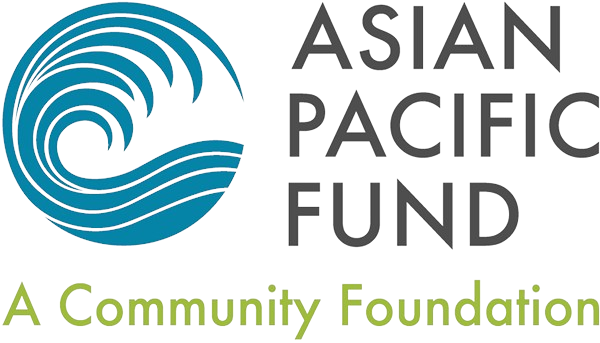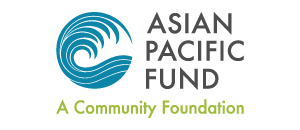Changing Words, Changing Feelings
Soomin Chun, 3rd Place
6th Grade
Albany
I hoisted my backpack and put it on my shoulders. I was almost at school. My mom stopped the car at the drop off zone. I picked up my gym bag and was about to open the door.
“Bye,” I said.
“Don’t say bye, say danyeuogessubneeda (다녀오겠습니다),” Mom said.
“I don’t want to, why can’t I say bye?” I whined.
“Come on, say danyeuogessubneeda.” Mom nagged.
“Poo…” I grumbled.
“What did you say?” Mom said.
“Nothing. Fine, dan…yeuoges…subneeda,” I muttered.
“Good. Have a great day!” Mom said. Grumbling, I opened the door and stepped out.
This is pretty much how every school day starts.
My mom thinks that I should say danyeuogessubneeda every time I leave the house. If I literally translated the word, the closest would be “I’m going out and I’ll be back home.” But I don’t like the word, because it has hierarchal nuance—it’s a word that children are supposed to say to their parents. In contrast, my mom does not think the word is hierarchical at all; to her, it is a kind word showing each other respect and love. But I don’t feel like I’m expressing love for my parents when I say the word. The word feels forced and awkward.
To me Korean words feel uncomfortable because of all the hierarchical tone. In English you can say the same word to lots of people. For example, you could say “hi” to your parents, teacher, or friends. But in Korean, the simple “hi” has different forms depending on whether it is to parents, teacher, or friends! Because of Korean’s role-distinguishing grammar, I don’t feel the affection and warmth in it. With my mom, it’s the opposite. She doesn’t feel the affection when I say things in English—she says it is too bland, not cordial enough. But when my mom says “have a nice day” in Korean, it sounds to me like an order from someone higher than me, even if I know the real meaning.
My mom said she also felt awkward and even shameful when my grandparents insisted her using respectful words to them when she became a teenager in Korea. But she also said that it was time to use more formal words. It’s fine for a toddler to say horsey, boo-boo, and blankey, but not for a teenager anymore.
Growing up and adapting to something new feels like crossing a bridge. It feels weird, strange, and unstable. The first step is especially hard, because you’re not used to it. However, the farther you go, the less scary it gets, the easier to adapt. Everyone’s bridge is different depending on feelings, surroundings, culture, etc., etc. I may have longer and tougher bridges to cross than a Korean kid who lives in Korea or an American kid who lives in America, because I have to adapt to growing up as well as cultural differences. If I cross my bridges, however, the reward will be a lot bigger than a person who only had to cross one short bridge—a new place, a wider perspective.
I am not sure yet about what my bridges are and how I should cross them. But I do know that while writing this essay a new bridge between my mom and me was formed and we both started to cross it—we got to understand a little more about why we feel different about certain words.
What I learned is it’s true; the beginning is the hardest and as you go walking across the bridge gets easier. The beginning of our talk was really weird. My mom thought I didn’t like to say danyeuogessubneeda because I just didn’t want to and was annoyed to say it. I didn’t understand why she wanted me to say words like that. It was hard for me to describe my feeling because I couldn’t find the right words to describe my feeling. And I wasn’t sure I wanted to tell my mom about how I felt. Now I know that my mom feels a family bonding kind of feeling when she hears me say that word to her. My mom knows that I decipher the words by not looking at the real meaning, but whom you say it to. We learned these things about each other because of some long conversations we had. I learned that a simple conversation can turn in to a bridge that lets you understand a lot more.

